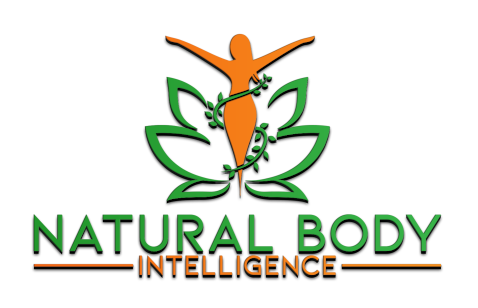Fasting naturally activates the parasympathetic nervous system (PNS), shifting the body into a deep state of repair, detoxification, and regeneration. Here’s how the PNS contributes to fasting benefits:
1. Enhances Autophagy (Cellular Detox & Repair)
- During fasting, the PNS is dominant, which allows the body to slow down and focus on internal maintenance.
- Autophagy (the process of breaking down damaged cells and recycling cellular components) is triggered.
- This helps the body remove toxins, repair DNA, and eliminate dysfunctional cells.
2. Supports Energy Conservation & Healing
- In a fasted state, the body switches from digestion (a high-energy process) to healing and regeneration.
- The PNS slows heart rate, respiration, and overall metabolism, allowing energy to be redirected to repair and recovery rather than food processing.
- This state helps reduce inflammation and accelerate tissue healing.
3. Regulates Digestion & Gut Healing
- The PNS controls “rest and digest” functions, and fasting gives the digestive system a break from constant food processing.
- This allows:
- Repair of gut lining (healing leaky gut)
- Balancing of gut microbiome
- Reduction in bloating, gas, and irritation
- Vagus nerve activation (a key part of the PNS) stimulates digestive juices when reintroducing food, making post-fast digestion smoother.
4. Reduces Stress & Cortisol Levels
- Chronic sympathetic nervous system (SNS) dominance leads to high cortisol, which promotes inflammation, insulin resistance, and poor digestion.
- Fasting shifts the body to PNS dominance, which helps:
- Lower cortisol levels (reducing stress-induced damage).
- Improve heart rate variability (HRV) (a sign of good vagal tone and stress resilience).
- Enhance emotional balance and clarity (as stress hormones decrease).
5. Improves Blood Flow & Oxygenation
- The PNS lowers blood pressure and heart rate, promoting better circulation to organs and tissues.
- This means more oxygen and nutrients reach cells, speeding up wound healing, organ regeneration, and tissue repair.
6. Activates Stem Cell Production
- Long-term fasting (beyond 24 hours) triggers stem cell regeneration.
- The PNS plays a role in this by promoting a healing state where old cells are cleared, and new, stronger ones are created.
7. Supports Deep Rest & Sleep
- The PNS is dominant during sleep, which is when the most profound healing occurs.
- Fasting can enhance deep sleep cycles, leading to:
- Better detoxification (via the glymphatic system in the brain)
- More efficient hormone regulation
- Increased Human Growth Hormone (HGH) production, which aids in muscle and tissue repair
8. Increases Vagus Nerve Activation
- The vagus nerve (a key player in the PNS) becomes more active during fasting.
- Benefits include:
- Reduced inflammation (by lowering pro-inflammatory cytokines).
- Improved gut-brain communication.
- Better mood regulation (fasting often leads to a calm, meditative state).
How to Enhance Parasympathetic Activation During Fasting
To deepen healing while fasting, you can actively stimulate the PNS:
✅ Deep breathing & meditation (activates vagus nerve)
✅ Gentle movement (yoga, walking, stretching) (keeps circulation going)
✅ Cold therapy (cold showers, face splashing) (boosts vagal tone)
✅ Sunlight & grounding (stimulates natural melatonin & circadian healing)
✅ Relaxation & quality sleep (maximises PNS benefits)
Conclusion: PNS is the Healing Mode of Fasting
When fasting, the body shifts from a “fight or flight” state (SNS) to a “rest and heal” state (PNS). This is why many people experience:
- Calmness, clarity, and inner stillness.
- Deep tissue healing & detox.
- Gut and nervous system restoration.
If you optimise PNS activation during fasting, healing becomes even more powerful and effortless.

